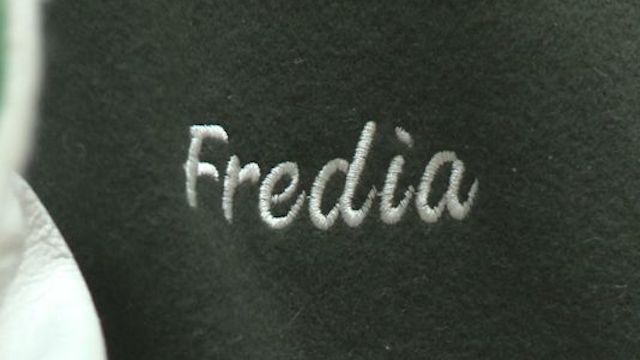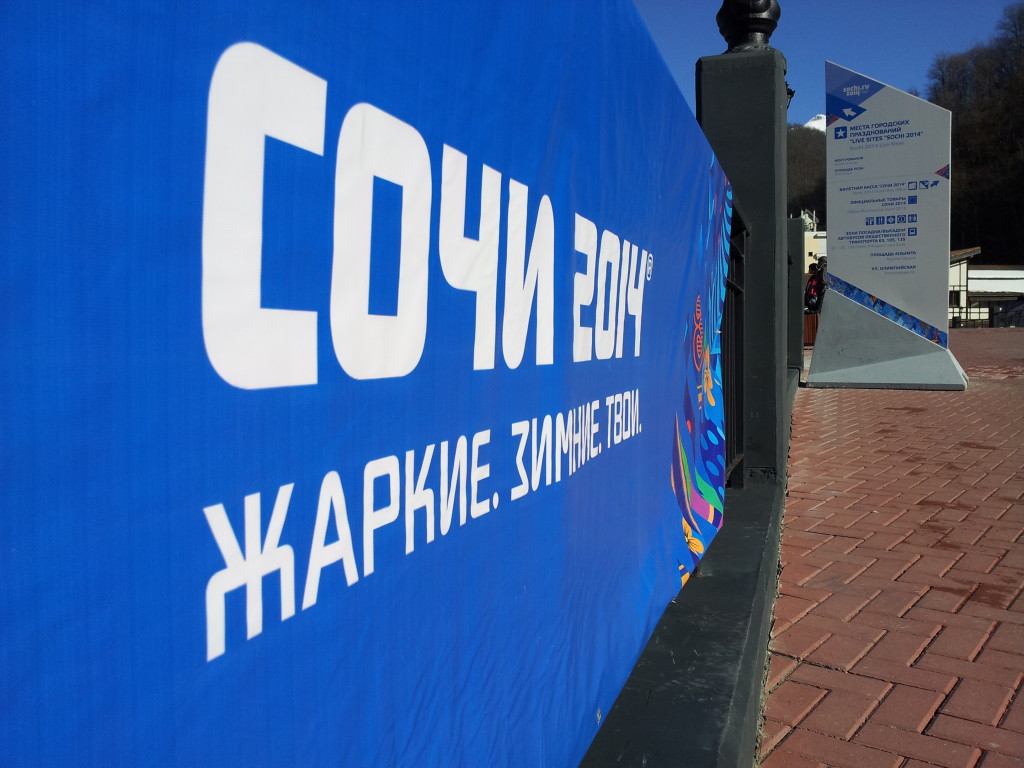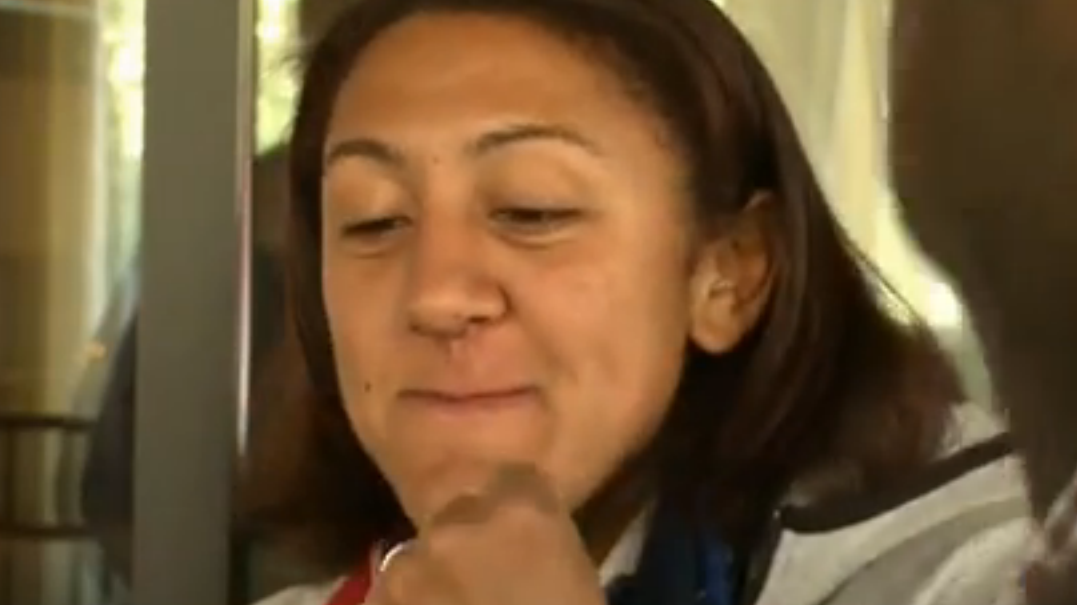I had nothing.
I was driving this past Thursday up to Jasper, Ga. — population 3,684 — with a potentially great story on my hands. We had learned of a woman who was born with congenital heart disease but had beaten the odds — and open-heart surgery — to play tennis in high school. She never received her letter jacket, though, but would get it in an honorary ceremony … 38 years after the fact.
If everything went well, I would leave Jasper that day with a touching moment — a woman earning a small victory after a lifetime of hardship. It would undoubtedly make for a great ending.
But everything until the ending? I had nothing.
Let me explain. I spoke with the woman in question — a lovely lady named Fredia Watkins — the day before. I wanted to interview her before the big ceremony, get some B-roll that would give viewers a window into her personality, and capture the necessary footage to compellingly tell her story to set up the climactic moment.
But Fredia did not want to do the interview at her home. Her husband recommended we do it in the conference room of his workplace, and we agreed to meet there the following morning.
A quick but important note: conference rooms are the most sterile, uninteresting places in any office. From a videojournalism standpoint, they are the opposite of what you want.
And I did not want this. (more…)





